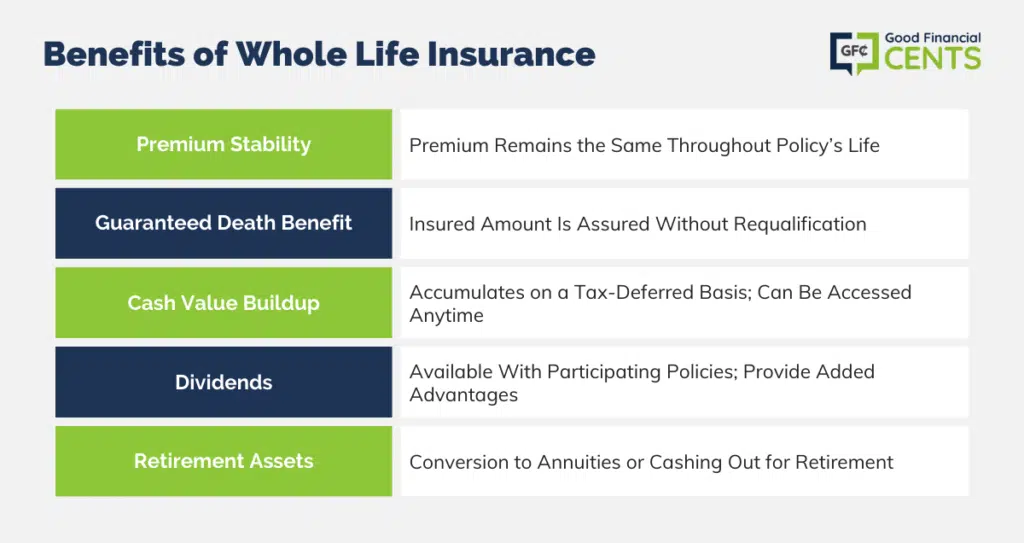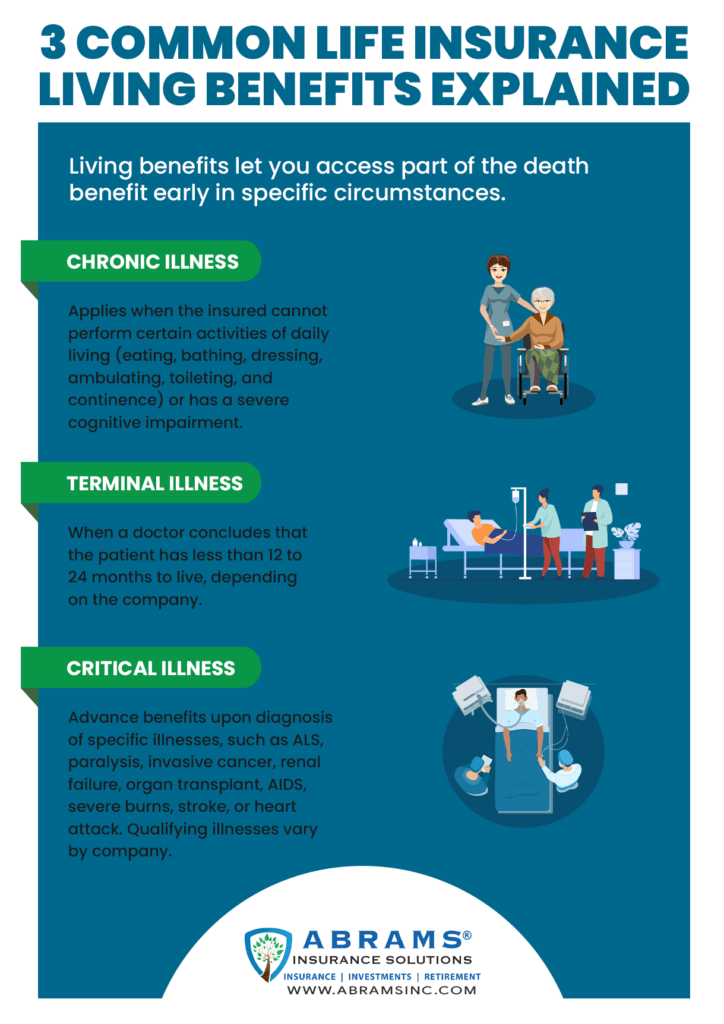Car Accidents and Miscarriages
Miscarriages are never easy, but they can be especially traumatic when caused by a car accident. The sudden and violent impact of a crash can disrupt the delicate balance of a pregnancy, leading to devastating consequences. If you’ve experienced a miscarriage due to a car accident, it’s crucial to understand what happened and what your options are moving forward.
What is a Miscarriage?
A miscarriage, also known as a spontaneous abortion, is the loss of a pregnancy before the 20th week. It’s a sadly common occurrence, affecting an estimated 15-20% of pregnancies. Most miscarriages happen during the first trimester, before the developing fetus has had a chance to implant securely in the uterus.
Miscarriages can be caused by a variety of factors, including underlying medical conditions, genetic abnormalities, and lifestyle choices. However, trauma from a car accident can also trigger a miscarriage. The sudden impact of the crash can jar the uterus, causing the placenta to detach or the membranes surrounding the fetus to rupture.
Symptoms of a Miscarriage
The symptoms of a miscarriage can vary depending on the stage of pregnancy. However, some common signs include:
– Vaginal bleeding, ranging from light spotting to heavy bleeding
– Abdominal pain, including cramping or back pain
– Passage of clots or tissue
– Dizziness or fainting
– Fever
– Chills
It’s important to note that not all vaginal bleeding during pregnancy is a sign of a miscarriage. It’s always best to consult with a healthcare provider to determine the cause and receive proper care.
Miscarriage from Car Accidents: A Guide for Understanding and Coping
A car accident can be a devastating experience, and it can be especially traumatic for women who are pregnant. The impact of a crash can cause physical and emotional harm to both the mother and the baby. In some cases, a car accident can even lead to miscarriage.
Causes of Miscarriage from Car Accidents
Car accidents can cause miscarriage by causing trauma to the uterus or placenta and reducing blood flow to the fetus. The uterus is the organ where the baby grows and develops, and the placenta is the organ that provides nutrients and oxygen to the baby. If the uterus or placenta is damaged in a car accident, it can lead to miscarriage.
Risk Factors for Miscarriage after a Car Accident
Not all car accidents will cause miscarriage, but certain factors can increase the risk. These factors include:
The severity of the accident
The location of the impact
The age of the mother
The health of the mother before the accident
The health of the baby before the accident
Signs and Symptoms of Miscarriage after a Car Accident
If you have been in a car accident and you are pregnant, it is important to be aware of the signs and symptoms of miscarriage. These symptoms can include:
Vaginal bleeding
Abdominal pain
Cramps
Back pain
Fever
Chills
If you experience any of these symptoms after a car accident, it is important to seek medical attention immediately.
Treatment for Miscarriage after a Car Accident
If you have miscarried after a car accident, you will need to receive medical treatment. Treatment will vary depending on the severity of the miscarriage. In some cases, you may need to have surgery to remove the fetus and the placenta. In other cases, you may be able to take medication to help your body expel the fetus and the placenta.
Coping with Miscarriage after a Car Accident
Losing a baby to miscarriage is a devastating experience. If you have miscarried after a car accident, it is important to allow yourself time to grieve. There is no right or wrong way to grieve, and it is important to do what feels right for you. You may find it helpful to talk to a counselor or therapist about your feelings. You may also find it helpful to join a support group for women who have experienced miscarriage.
Miscarriage from Car Accident
Experiencing a miscarriage is undoubtedly one of the most emotionally and physically distressing events a woman can endure. Unfortunately, car accidents account for a significant number of these tragedies, leaving countless women grappling with the pain of losing a pregnancy due to an external force. While not all car accidents result in miscarriage, there are certain risk factors that increase the likelihood of this devastating outcome.
Understanding the Impact
The impact of a car accident on a pregnant woman can be substantial. The forceful jolt, sudden deceleration, and potential trauma inflicted on the body can disrupt the delicate balance of the uterus, potentially leading to placental abruption or uterine rupture. These complications can compromise the baby’s oxygen and nutrient supply, ultimately resulting in miscarriage.
Risk Factors
While car accidents can occur at any time during pregnancy, certain factors elevate the risk of miscarriage:
1. Gestational Age: The further along a woman is in her pregnancy, the higher the risk of miscarriage after a car accident. This is because the uterus becomes increasingly vulnerable to trauma as it grows in size and weight.
2. History of Miscarriage: Women who have experienced previous miscarriages are at an elevated risk of miscarriage after a car accident. This is likely due to weakened uterine lining or other underlying factors that increase the susceptibility to pregnancy loss.
3. Severity of Accident: The severity of the car accident also plays a crucial role in determining the likelihood of miscarriage. Accidents involving high-impact collisions, rollovers, or prolonged entrapment significantly increase the risk of miscarriage compared to minor fender-benders.
4. Abdominal Trauma: Direct trauma to the abdomen, such as a steering wheel impact or seatbelt injury, can directly damage the uterus or placenta, leading to miscarriage.
5. Maternal Health: The overall health of the mother also influences the risk of miscarriage after a car accident. Women with pre-existing medical conditions, such as diabetes or hypertension, may be more susceptible to pregnancy loss due to increased inflammation and impaired uterine function.
Conclusion
Car accidents can be devastating events for pregnant women, potentially leading to the heartbreaking loss of a pregnancy. By understanding the risk factors associated with miscarriage, women can make informed decisions and take appropriate precautions to minimize the likelihood of this tragic outcome. If you have been involved in a car accident while pregnant, it is crucial to seek medical attention promptly and inform your doctor about your pregnancy status to ensure the best possible care for both you and your unborn child.
Miscarriage from Car Accident
The unexpected news of a miscarriage is enough to shatter the heart of any expectant mother. However, when a miscarriage is caused by something as traumatic as a car accident, the pain and confusion can be overwhelming. Knowing the signs and symptoms of a miscarriage after a car accident can help you seek prompt medical attention and cope with the emotional toll.
Symptoms
The symptoms of a miscarriage after a car accident may not always be immediate. They can manifest anywhere from a few hours to a few days after the incident. Some of the common symptoms include:
- Vaginal bleeding: This is one of the most common signs of a miscarriage. The bleeding can range from light spotting to heavy flow.
- Cramping: Painful cramping in the lower abdomen is another symptom. The cramps can range from mild to severe.
- Pain in the back or lower abdomen: This pain can be sharp or dull and may worsen as the miscarriage progresses.
- Passage of tissue or clots: Passing tissue or blood clots from the vagina can indicate a miscarriage.
What to Do
If you experience any of the symptoms mentioned above after a car accident, it’s crucial to seek medical attention immediately. The doctor will perform a physical examination, ask about your medical history, and may order tests to confirm the miscarriage. Depending on the situation, your doctor may recommend medication, surgery, or other treatment options.
Emotional Impact
A miscarriage after a car accident can be emotionally devastating. It’s natural to feel a range of emotions, including grief, anger, guilt, and sadness. Allow yourself time to mourn the loss and seek support from loved ones, support groups, or a therapist. Remember, you are not alone in this journey.
Legal Considerations
If the car accident that caused your miscarriage was caused by negligence or recklessness, you may have legal options. Consider speaking to an attorney to discuss your rights and explore the possibility of filing a lawsuit. However, keep in mind that legal action cannot bring back your baby or erase the pain you’ve endured.
Miscarriage from Car Accident: Understanding Causes and Seeking Support
The sudden impact of a car accident can be devastating not only physically, but also emotionally. For women who are pregnant, the aftermath of a crash may involve the added trauma of miscarriage. Understanding the causes and seeking the necessary support can be crucial for coping with this profound loss.
A miscarriage is the loss of a pregnancy before 20 weeks of gestation. While most car accidents do not result in miscarriage, certain factors can increase the risk, such as the severity of the impact, the location of the impact in relation to the uterus, and the gestational age of the fetus. The sudden deceleration and forceful movements associated with a crash can put strain on the delicate tissues of the uterus and placenta, leading to miscarriage.
Symptoms of Miscarriage
Symptoms of miscarriage after a car accident may vary depending on the individual and the stage of the pregnancy. Some common signs include:**
- Vaginal bleeding, ranging from spotting to heavy bleeding
- Cramping or abdominal pain
- Back pain
- Passage of tissue or fluid from the vagina
- Feeling that something is not right or that the pregnancy is not progressing
Treatment
There is no specific treatment for miscarriage, but supportive care can help manage pain and bleeding. This may include:
- Medication to relieve pain
- Rest and avoiding strenuous activity
- Emotional support from family, friends, or a therapist
Coping with Miscarriage
Coping with the loss of a pregnancy can be an overwhelming experience. It is important to allow yourself time to grieve and process your emotions. Seeking support from loved ones or a support group can provide comfort and understanding. Talking about your experience and sharing your grief can help you to heal and move forward.
Preventing Miscarriage after a Car Accident
While it is not always possible to prevent miscarriage after a car accident, there are some steps that can help to reduce the risk:**
- Always wear a seatbelt while driving or riding in a vehicle
- Adjust the seat to a comfortable position, providing adequate support for the abdomen
- Avoid driving or riding in vehicles that are known to have poor safety ratings
- Be aware of your surroundings and drive defensively
- If you are involved in a car accident, seek medical attention promptly, even if you do not feel injured
Miscarriage from a car accident can be a devastating experience. By understanding the causes, symptoms, and coping mechanisms, women can navigate this difficult time with support and compassion.
Miscarriage from Car Accident: Causes, Symptoms, and Prevention
A car accident during pregnancy can be a devastating event, with potential consequences for both the mother and the unborn child. One of the most serious risks is miscarriage, which occurs when a pregnancy ends before the fetus is viable outside the womb.
Causes
Car accidents can cause miscarriage due to several mechanisms, including:
- Abdominal trauma: Direct impact to the abdomen can damage the uterus and placenta, leading to miscarriage.
- Uterine rupture: The impact of a car accident can cause the uterus to rupture, leading to miscarriage or even fetal death.
- Cervical injury: The cervix, which holds the baby in place, can be injured in a car accident, increasing the risk of miscarriage.
Symptoms
The symptoms of miscarriage after a car accident can vary depending on the severity of the trauma. Common signs include:
- Vaginal bleeding: Any amount of vaginal bleeding after a car accident warrants medical attention.
- Abdominal pain: Cramping or severe abdominal pain can be a sign of miscarriage.
- Backache: Lower back pain can also be a symptom of miscarriage.
- Tissue passing: If a miscarriage is occurring, you may pass tissue or clots from the vagina.
Prevention
To prevent miscarriage after a car accident, pregnant women should take the following precautions:
- Wear a seatbelt: Wearing a seatbelt can help protect the abdomen and fetus from impact.
- Avoid driving in dangerous conditions: Pregnant women should avoid driving in inclement weather or when they are feeling fatigued.
- Seek medical attention immediately after an accident: Even if you don’t think you’re injured, it’s crucial to seek medical attention after a car accident to rule out any potential harm to you or your unborn child.
If you have been involved in a car accident while pregnant, it is important to seek medical attention immediately to assess the risk of miscarriage and ensure the health of both you and your baby.




Leave a Reply